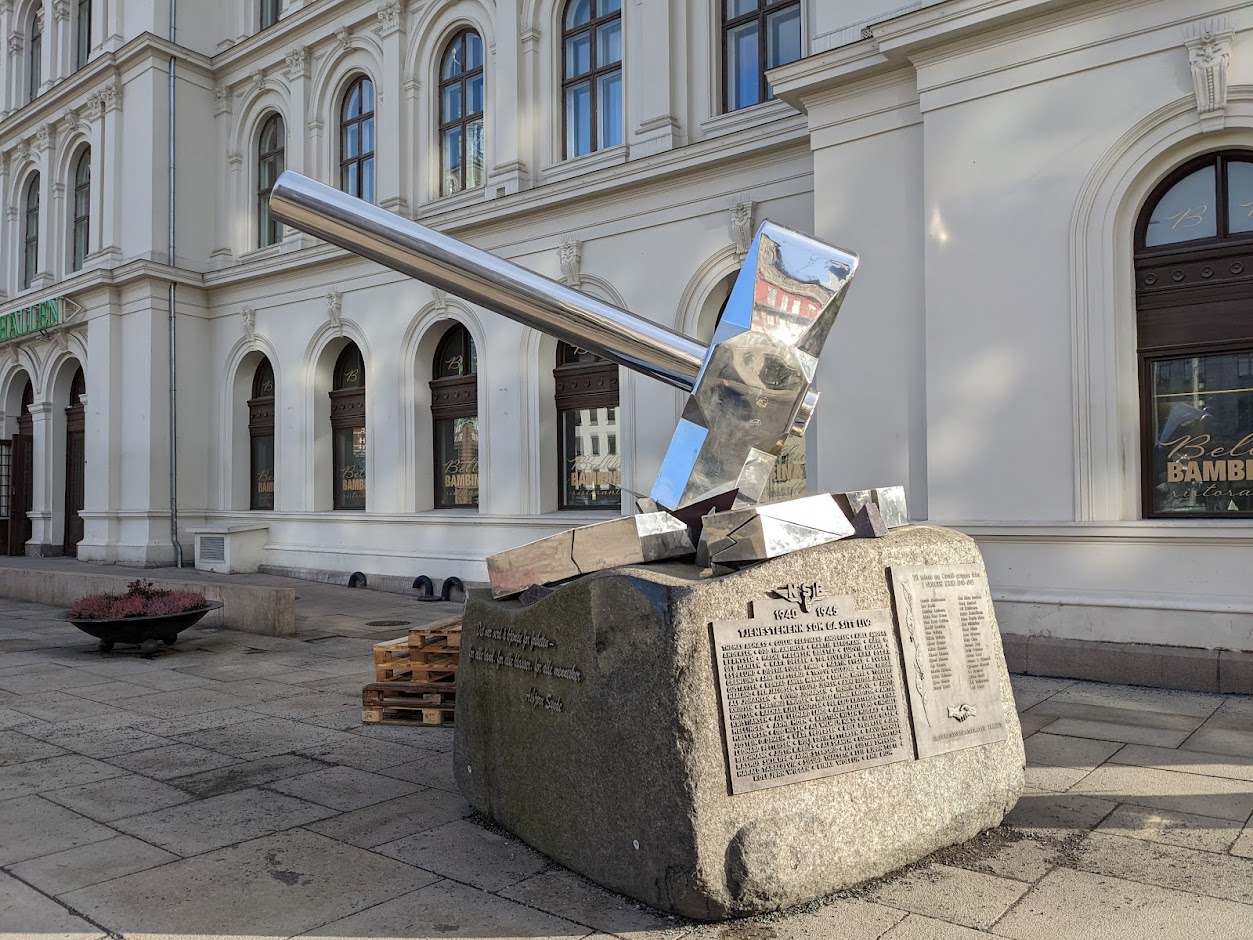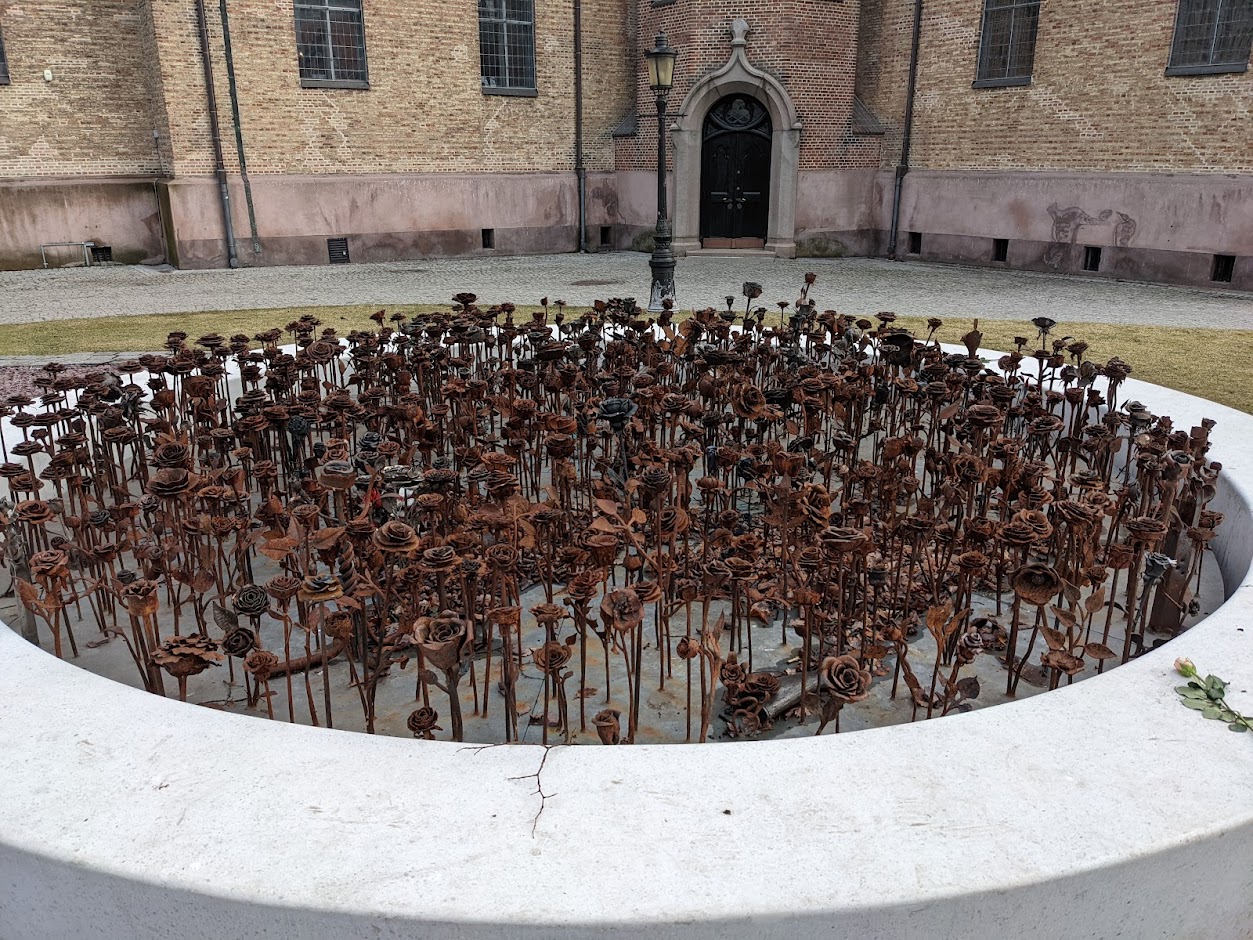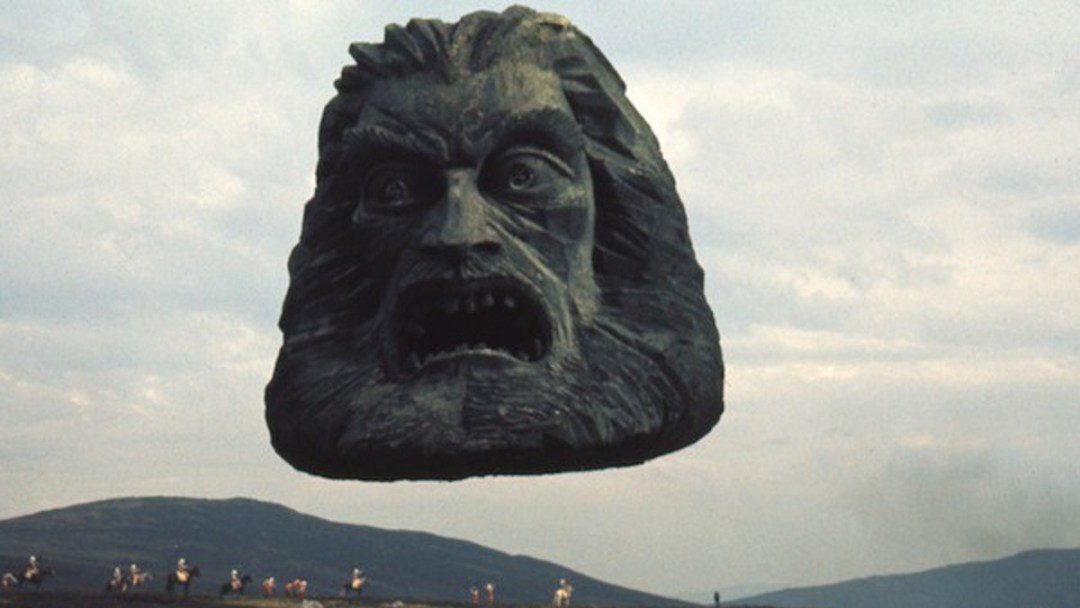Bad Obsession: On the Death of a Thirty-One-year-old White Male American

I did not know the dead man.
To be sure, I knew of him. He was a prolific writer and speaker. A rising-star luminary in conservative circles. He said many things about transgender people, about race, about immigrants, about private ownership of firearms. But I did not know him.
I wonder about him though. I wonder how much comprehension he had of what happened to him. That kind of injury… It isn’t long until your brain can’t think thoughts anymore. It’s an expensive organ. Doesn’t take a lot of drop in blood pressure for it to shut down consciousness for survival behaviors. Did he get that he’d said the last thing he’d ever say? I wonder.
I wonder about his family. I wonder if they’ve met with the nice old ladies from the victims of violence fund yet. Every state, I think, has one. A victims of violence fund, I mean. See, it’s expensive to get shot in America. It combines the three things America is bad at: sickness, violent crime, and death. You may be bedridden, fighting for your life… Maybe not fighting for it anymore. But the world, well, the world keeps turning. There are bills to pay (some for the privilege of dying in a hospital instead of the street). And probably lawsuits to fight. And it’s not like we can just give people a pass on having been shot or having someone in their family shot. So Americans, in their benevolence… We’ve set up a pool of money in every state. Just a little somethin’-somethin’ from Uncle Sam’s nieces and nephews to help you through the hardships (if you can prove you’re having hardships, of course… Not like we’re giving out money for free here!). A little something to make sure food and mortgages can be paid for while you deal with the healing. Or the dying. Or the paperwork.
There is so much paperwork.
So much.
I wish I didn’t know about the Goddamn fund.
One of the greatest privileges in my life was a visit to a place that bloodlet the Nazis. When the Nazis came, they couldn’t stop them from taking over their country. But that didn’t mean they just accepted it. They fought. And bled. And died. The Nazis thought they had a comfortable home there; a commonality with the people. A safe rear guard. The people nipped at their war machine’s ankles and struck at their heels. They tore up the rail lines. They bombed the factories. They sacrificed themselves to send them, their oppressors, and a cargo precious to their oppressors to the bottom of the North Sea. They remember this and celebrate it.

And then, in 2011, a man who was absolutely certain that his country was being destroyed by “marxists, liberals, … members of the elite,” and would only survive if it remained apart, separate and unwelcoming to others, murdered 77 people. 71 with guns. He is alive and in prison. And the people, the friends and family and loved ones of those who died, crafted another symbol. Seventy-seven roses. Seventy-seven roses to say “Never again.” And while, sadly, “never” has come and gone, the people still enjoy relative peace. Certainly not a-hundred twenty-nine dead per day.

I don’t grieve the dead man. I feel like I should, like there’s something wrong with me that I don’t. But maybe there isn’t. After all, the man lived in the world he wanted to live in. He was popular, he was wealthy, he was the head of an organization of like-minded people, people with power to shape the law and the destiny of hundreds of millions of people certainly agreed with him. He was gearing up to say, as he said on so many occasions, that the right to own and carry firearms was an essential right that defined Americans… Until he couldn’t speak because a bullet tore out his throat and granted his blood the essential right to go elsewhere and stop oxygenating his brain. He took a journey we all take some day so whatever happens then has already happened, and how many of us will be able to claim, when we take it, that our life bookended so cleanly to our ideals? No, I don’t grieve the dead man.
… but I grieve those in his life who hoped, however naively, that the place he had gone to in life was a place that age and wisdom might lead him away from. However unlikely that was because every indicator this American culture builds to let a person know whether they’re doing the right thing confirmed consistently he was doing great. There was still a chance. And now there’s not. Dead people do not change their ways. I’m sorry they learned the hard way that some people become evil, stay evil, and die evil.
And I grieve those of us who are still here, who are living in the nation that he, and people like him, have created. It doesn’t have to be this way. It’s not this way other places. It was our folly to let people like him convince us there was no other way. And I’d be lying if I pretended I wasn’t a little hopeful that the silence he leaves behind can be a place to talk about those other ways.
It is not impossible for a people, even one this far gone, to beat their guns into roses.



Comments